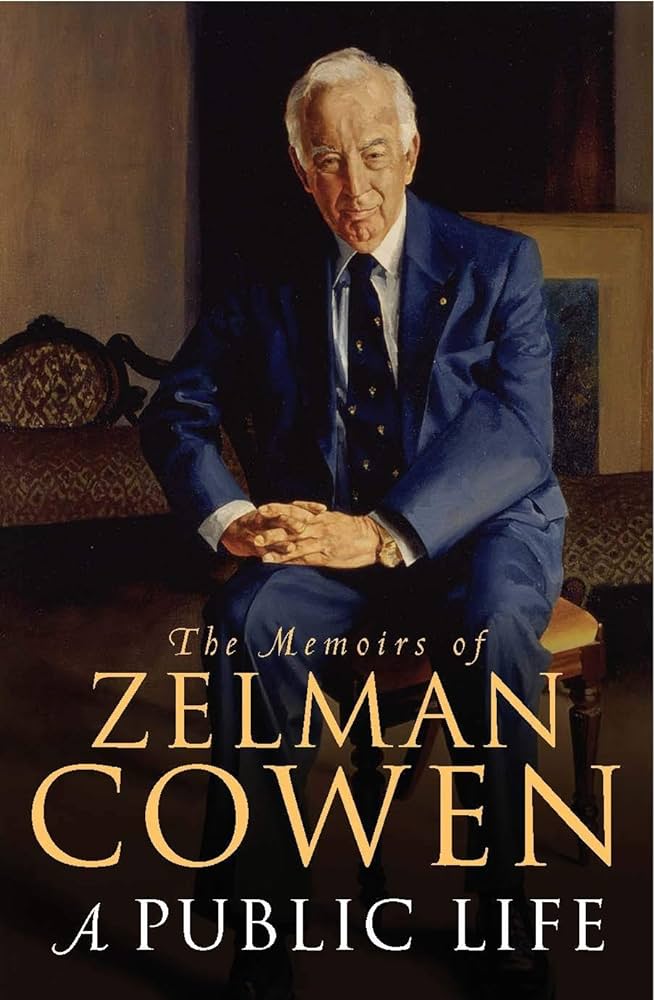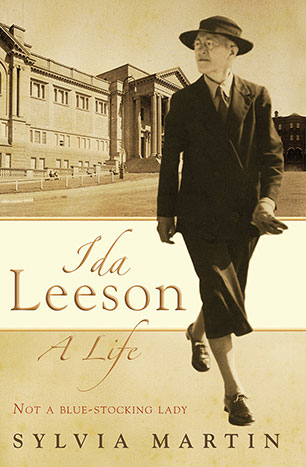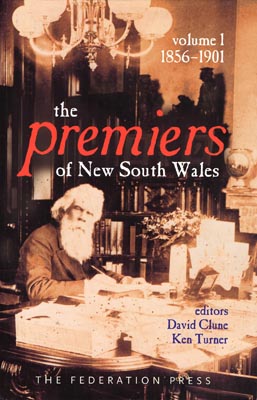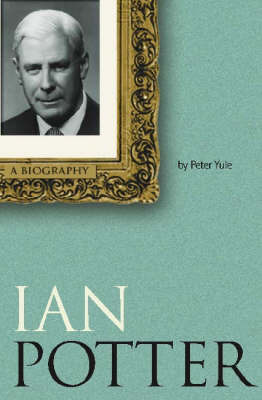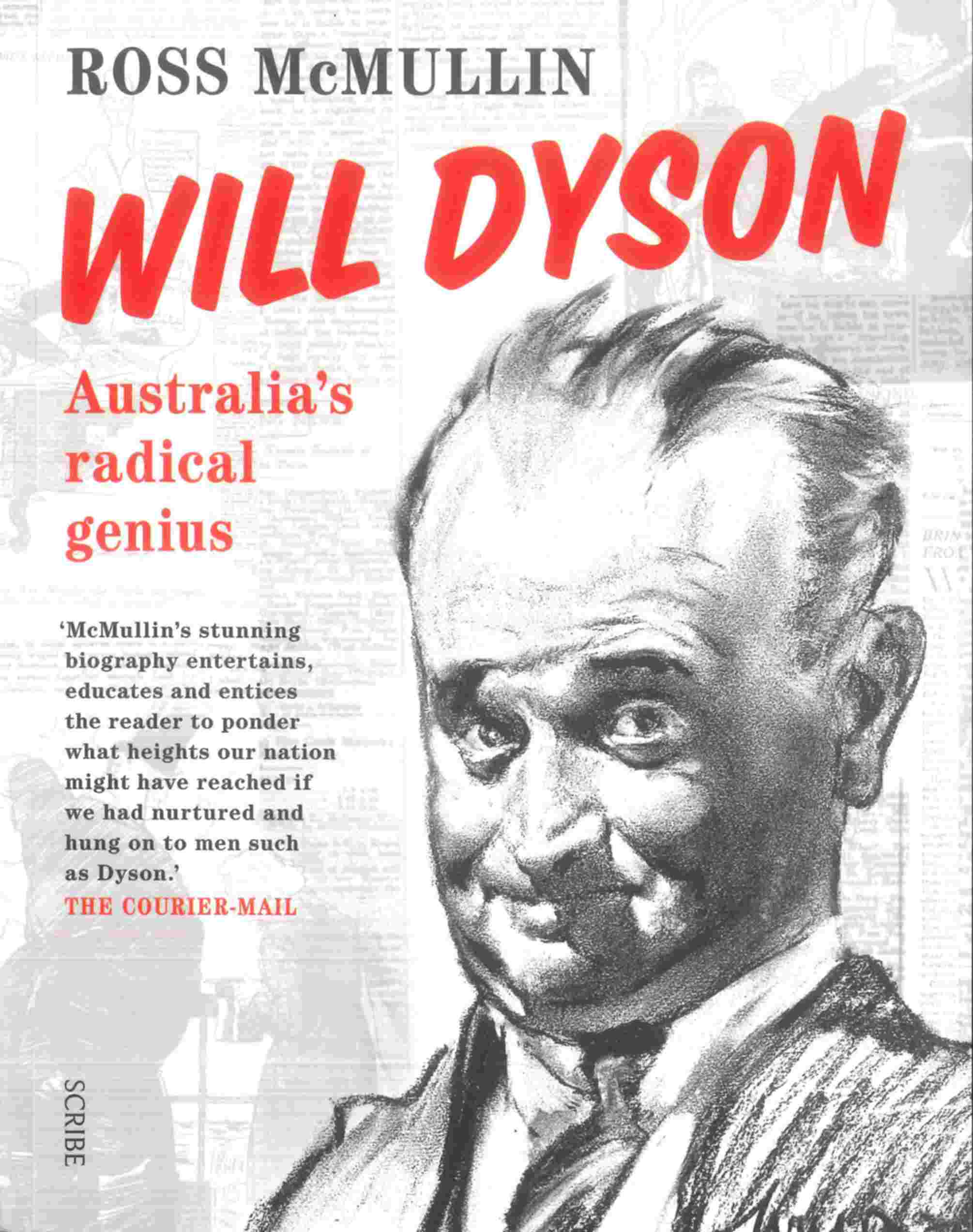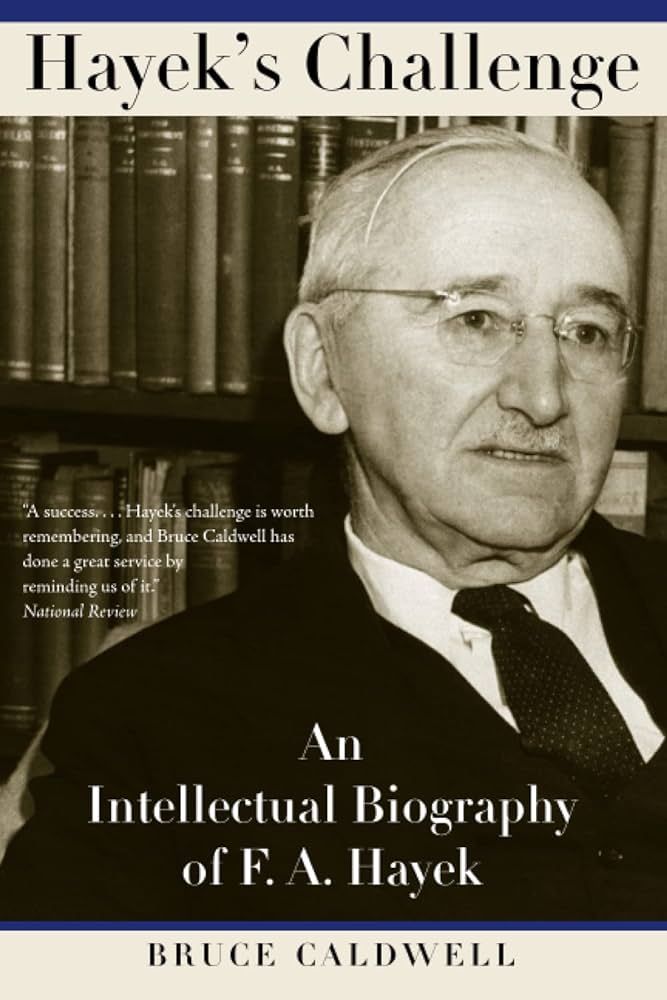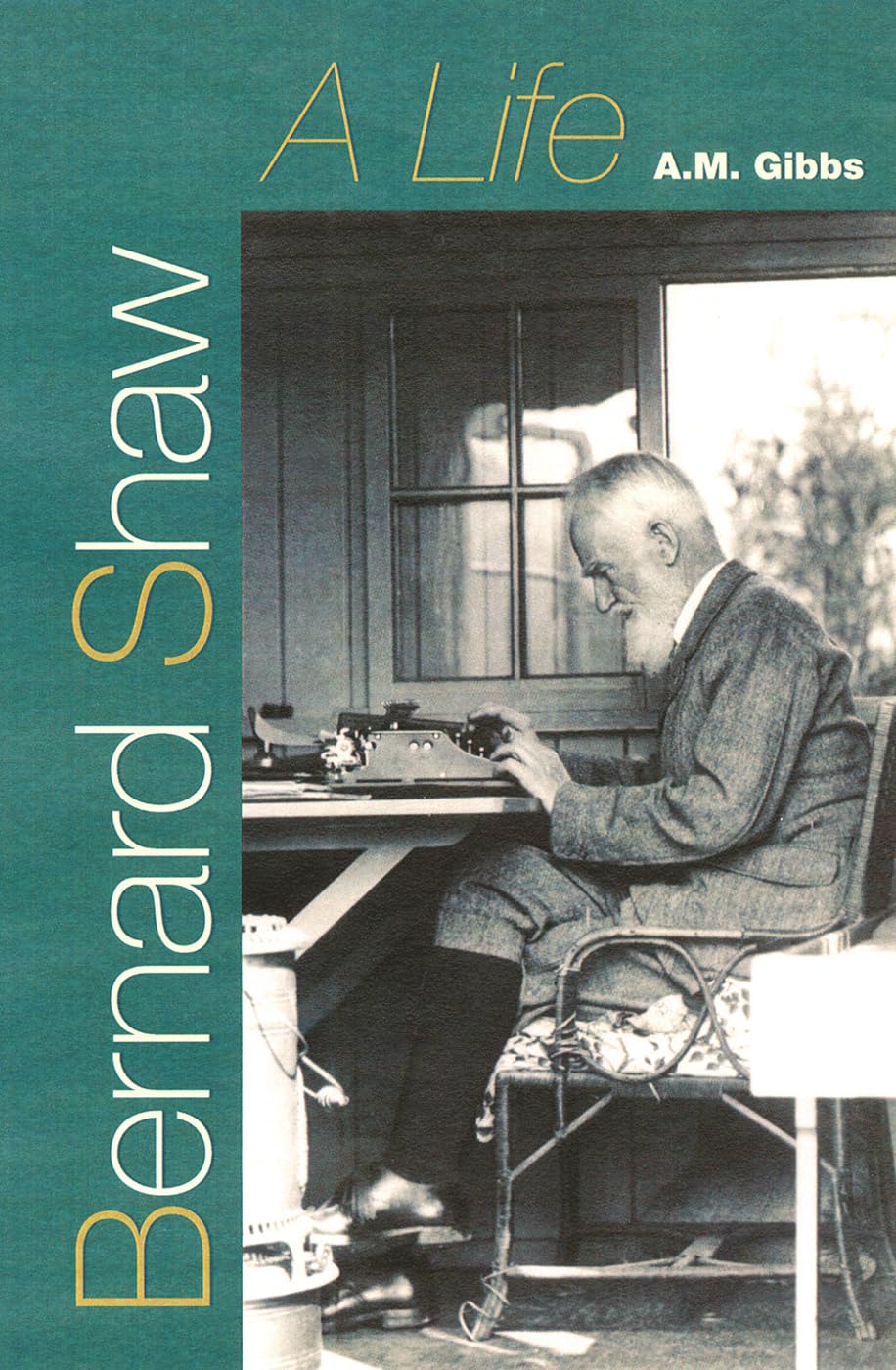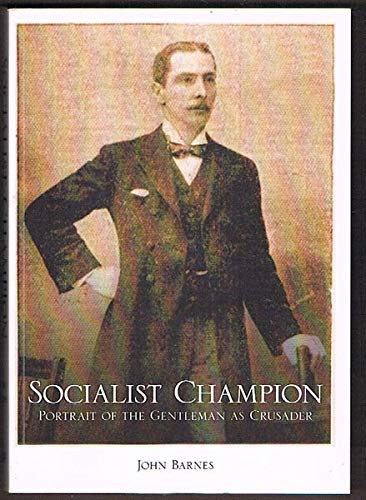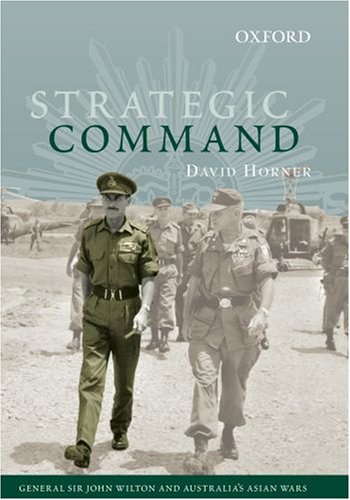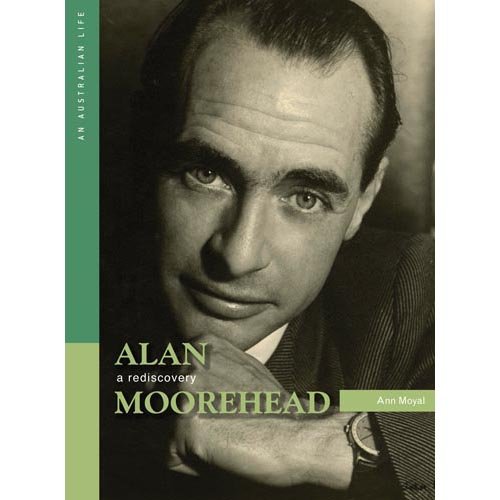Biography
Justice Michael Kirby’s launching of Sir Zelman Cowen’s memoirs at the Melbourne University’s Woodward Centre in early June was a great Melbourne occasion. Two of Cowen’s successors as governor-general, Sir Ninian Stephen and Archbishop Peter Hollingworth, attended as part of a galaxy of judges, barristers, academics and a scattering of ex-politicians. The occasion was a festival of oratory, with five substantial speeches, possibly an Australian record for a book launch.
... (read more)This book opens in Papeete one evening in 1935. Two American film-makers are in Tahiti to take location shots for Mutiny on the Bounty, and director Frank Lloyd laments his failure to find Captain Bligh’s log books. A small white-haired person of indeterminate appearance at the next table leans over: ‘I know where they are,’ she says. Of course she did. The logbooks were in the Mitchell Library, Sydney, and the speaker was Ida Leeson, Mitchell Librarian from 1932 to 1946. The Mitchell Library, located in the Public (now State) Library of New South Wales, is based on the priceless collection of Australiana and south-west Pacific materials donated in 1907 by the reclusive bibliophile David Scott Mitchell. Leeson, its second chief custodian, not only knew the vast collection backwards but added significantly to it. She also used it herself, a key to effective librarianship.
... (read more)The Premiers of New South Wales Volume 1 edited by David Clune and Ken Turner & The Premiers of New South Wales Volume 2 edited by David Clune and Ken Turner
The problem with many ‘big occasion’ publications is that they are written for the occasion rather than for an audience. This collection – the first reference work to cover all the premiers of New South Wales from 1856 until July 2005 – has been published to coincide with the one hundred and fiftieth anniversary of responsible government in New South Wales. Happily, however, The Premiers of New South Wales displays none of the failings typical of other ‘landmark’ volumes. On the contrary, this is a valuable and relevant work that merits the interest of non-specialist readers. The authors have profiled the premiers in their social and personal contexts, as well as in their political environments. This extends the appeal of the collection and adds considerable interest. Together, the two volumes provide valuable insights into the evolution of New South Wales from a colony to a state.
... (read more)‘The very rich are different from you and me’, F. Scott Fitzgerald thought; and so he told Ernest Hemingway. Hemingway, who came back with a deflating reply, ‘Yes, they have more money’, boasted that he had won that little exchange. Yet Fitzgerald was right; and he proved it in The Great Gatsby and Tender is the Night. In the American novel more generally, money creates and defines character; as it does in Theodore Dreiser’s The Titan or Edith Wharton’s The Custom of the Country. Destructive though it may be in these novels, the making of a fortune is an expression of power and a source of drama.
... (read more)Ross McMullin’s Will Dyson is a new edition of a book that first appeared twenty years ago. Over that time, the author has promoted his subject, according to the book’s subtitle, from ‘Cartoonist, Etcher and Australia’s Finest War Artist’ to ‘Australia’s Radical Genius’. ‘Genius’ is a strong word, and the new edition does not make a case for its use any more than the old one did. But Dyson is certainly an important, often unregarded, figure in the history of political cartooning. The story of this talented, likeable, thoroughly political man is well worth knowing on many fronts: as a saga of early Melbourne working-class bohemian culture, as an example of the invigorating effect on English political cartooning by antipodean artists in the early part of the twentieth century (the career of David Low shadows that of Dyson), and as an account of the way that World War I registered on a sensitive, and responsible, Australian imagination.
... (read more)Hayek’s Challenge: An intellectual biography of F.A. Hayek by Bruce Caldwell
On February 19 this year, Francis Fukuyama jumped ship. In the course of an essay in the New York Times on the failings of the American strategy to ‘democratise’ the Middle East, he declared that, ‘I have numerous affiliations with different strands of the neo-conservative movement’, but ‘neo-conservatism, both a political symbol and a body of thought, has evolved into something I can no longer support’. The neo-conservative project, he stated, has become self-contradictory. Though the Bush administration retains an evolutionistic scepticism about the limits of social engineering in domestic matters, it feels no such restraint in foreign policy, where its faith in the transformational uses of American power and in the exceptionalism of American virtue has overcome traditional doubts about the malleability of humanity.
... (read more)However respectful its intentions, literary biography invariably takes on the character of a siege, laid by oneself against another. Every biographical subject, unwittingly or not, builds fortifications to repulse such invaders, and George Bernard Shaw (1856–1950) was no exception. He did, however, adopt a characteristically sly defence. His castle was regularly open to the public. Inside, he would be on hand to guide visitors through its rooms, an amusing if distant squire, knowledgeably arguing the architectural merits of his own, not insubstantial, additions, and giving the punters their money’s-worth with polished tales of eccentricity, debt and alcoholism for each of the family portraits. He was both garrulous curator and living artefact in a museum of his own design.
... (read more)Socialist Champion: Portrait of the gentleman as crusader by John Barnes
Besides being a bookseller, publisher and literary agent, Henry Hyde Champion (1859–1929) – the subject of this fascinating biography – was also, at various stages, an army officer, a journalist, and a socialist organiser. Born in England to a wealthy family with aristocratic roots, Champion turned his back on a conventional upper-class life after witnessing the appalling poverty of London’s East End. He embarked on what was to become a lifetime of activism on behalf of the poor and the working classes. Champion was a pioneer socialist of late nineteenth-century England and in this capacity, had dealings with such luminaries as George Bernard Shaw and the union leader John Burns. He was a key participant in the London Dock Strike of 1889, which was to prove a watershed for the labour movement, and was an early promoter of the eight-hour day.
... (read more)Strategic Command: General Sir John Wilton and Australia's Asian Wars by David Horner
The name of Sir John Wilton would be unknown to the vast majority of the Australian public, to the defence community as a whole, and even, I suspect, to many of those now in the army. Such is the transitory nature of military prestige. David Horner’s biographical study seeks to correct this, and to explain the centrality of Wilton’s career to the development of Australian defence policy and operational deployment in the postwar period. This is more than a biography: while Wilton the man is not neglected, the emphasis is rather more on Wilton the professional, steadily climbing through the officer ranks in a series of appointments that culminated in his tenure as Chairman of the Chiefs of Staff Committee from 1966 to 1970.
... (read more)

